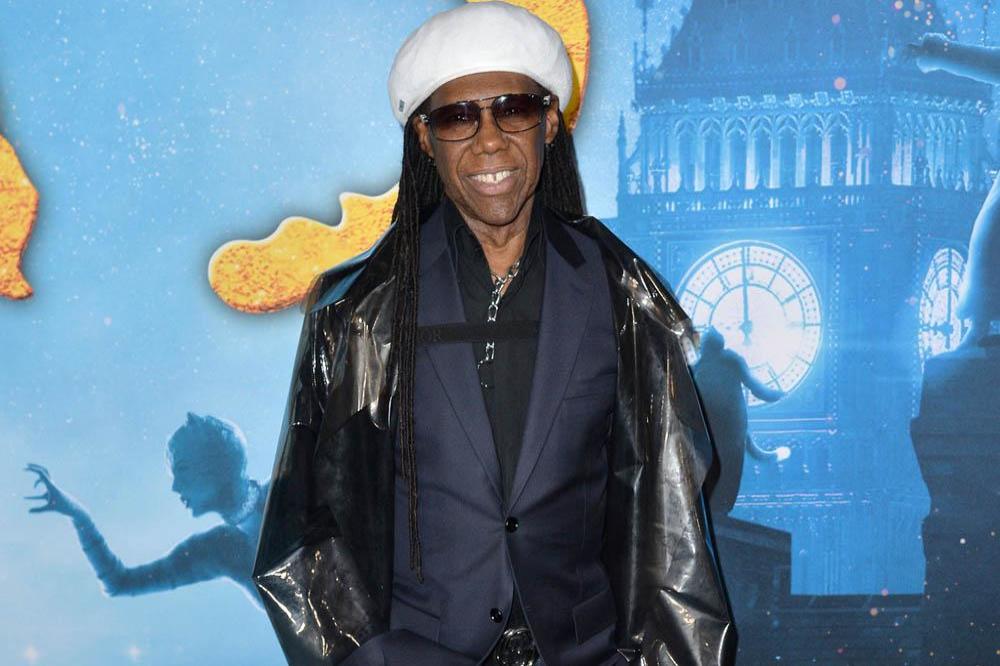Nile Rodgers told the late music legend David Bowie how fortunate he was not to have to worry about which race would like his music.

Nile Rodgers
The Chic legend teamed up with the late 'Starman' hitmaker - who passed away after a private battle with cancer, aged 69, in 2016 - to produce his iconic 1983 album 'Let's Dance'.
And Nile, 67, has admitted he was envious of Bowie for not having to give any thought as to who would listen to his music, and the 'Changes' singer "completely understood" his frustrations.
The 'Le Freak' hitmaker explained that it was "very difficult" being forced into "one lane" as a black artist.
Speaking to the Metro.co.uk, he said: "A lot of artists have become wealthier and more famous quicker, but still black artists are basically ... basically you have to drive in one lane and that is something I have always tried to fight.
"But it's very difficult because if you're pigeon-holed and you have to respond a certain way to be part of the current zeitgeist - that's very difficult.
"When I worked with artists like David Bowie, he told me he never thinks about that. He said, 'I just think about what I'm feeling and what I'm seeing. I never worry about which audience is going to like it', and I remember saying, 'Jesus, it must be amazing to be white.'
"He got it, he wasn't offended at all. He understood it completely."
Meanwhile, Nile - who has recently been announced as a mentor to up-and-coming artist Amahla, who is up for the all-new Ivor Novello Rising Star Award with Apple Music - recently spoke in favour of banning the term 'Urban' in the music industry.
The likes of the Grammys and labels, including Republic Records, recently promised to ditch the phrase to describe performers and releases by black artists following the mass Black Lives Matter protests sparked by the death of unarmed African American, George Floyd.
And Nile opened up about his own experience of being weighed down by "boundaries" "no matter how successful" his records were when he started out, and insisted it's a "really productive" decision to stop using the word to stop artists feeling confined by categorisation due to the colour of their skin.
Tagged in David Bowie Nile Rodgers Chic

